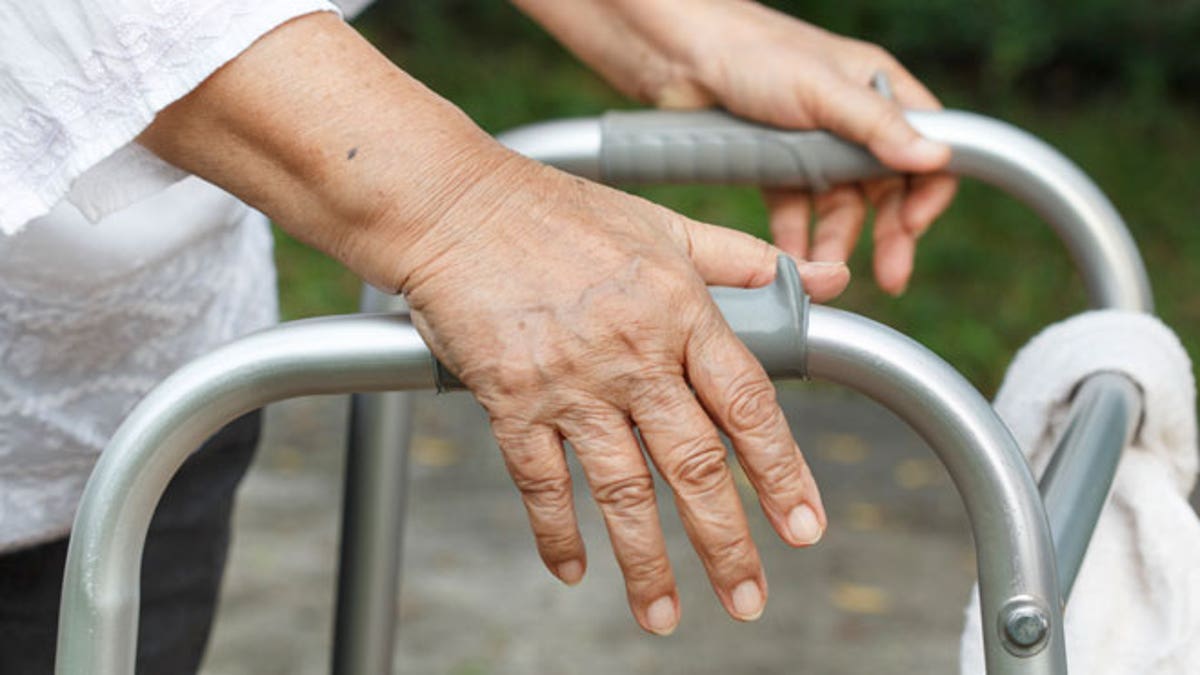
Seniors admitted to the hospital intensive care unit (ICU) were more likely to die or sharply decline soon after their release depending on how well they functioned beforehand, according to a new study.
"Providers can really help categorize people . . . and give them advice on what their ICU experience might be like,” said lead author Dr. Lauren E. Ferrante of Yale School of Medicine in New Haven, Connecticut.
“The less disabled you are, the better your outcomes are going to be,” she told Reuters Health.
Researchers looked at data on almost 300 people over age 70 who had at least one admission to an ICU in the New Haven area between 1998 and 2011. Using information from monthly interviews over the year prior to hospitalization, the study team divided the patients into three groups based on functional ability and found that these groups strongly predicted how the patients would do after the ICU.
To gauge disability level, Ferrante and her coauthors asked the patients if they needed assistance with basic life tasks, like bathing, dressing, walking, and sitting in a chair, or with things like shopping, housework, meal prep, managing finances, and if they were able to walk a quarter mile or carry a 10-pound weight.
A person was classed as minimally disabled if he or she was able to do all or almost all of the 13 functional tasks without help. Those with mild to moderate disability needed help with about three tasks, and those with severe disability averaged only four functional activities.
Roughly a quarter of the participants died in the ICU or within 30 days of discharge, and another quarter experienced functional decline after their hospitalization.
Based on continuing interviews, more than half of those who remained alive had become severely disabled, according to the results in JAMA Internal Medicine.
Those who had mild to moderate disability before ICU admission were twice as likely as the minimally disabled to die within one year of ICU admission, and those with severe disability were three times as likely to die.
Those who started out minimally disabled had much better outcomes, and should be targeted for aggressive rehabilitation since they have a good chance of recovering all of their pre-ICU function, Ferrante said.
Staying longer in the hospital and using a mechanical ventilator were also linked to a greater risk of death within one year.
“Pre ICU function had the same magnitude of effect as a mechanical ventilator,” which is surprising, and many doctors may not take baseline functional ability into account when treating patients in the ICU, Ferrante said.
“The assessment that we did is something providers can do with their patients,” Ferrante said, noting that the functional questions are easy for people to answer.
Establishing an older patient’s functional disability group will give them and their doctors a good idea of the probability of moving into another category after hospitalization, which will happen to most older people at some point, she said.
“Ideally they would have these discussions with their primary care physicians and ideally with family present, informed discussions of what might happen if they go into the ICU,” she said. “What are the benefits of aggressive care and the likelihood of various outcomes with level of pre-ICU function? Those are important things that older adults want to talk about.”
“The focus on disability is novel - most studies of ICU care just focus on survival - but older patients also care about how much help they will need in day to day tasks,” said Dr. Kenneth Covinsky, a clinician-researcher in the University of California, San Francisco division of geriatrics who wrote an editorial accompanying the new study.
“This study shows that even among those who survive their care in the ICU, rates of disability are very high in the following year,” Covinsky told Reuters Health by email.
“Older patients and their families need to be prepared for the likelihood that they will be considerably more disabled after an ICU stay,” he said. “It is very likely that the amount of help needed to care for the patient will be much greater after discharge.”
Patients, families and doctors should consider whether the person can live safely at home, and plans need to be made to provide assistance, he said.
Most adults who reach old age will experience an ICU stay, and this should be part of their advanced care planning discussion, Ferrante said.
Other research has found that for younger people, the best way to slow or prevent functional decline is to keep physically active, she said.
